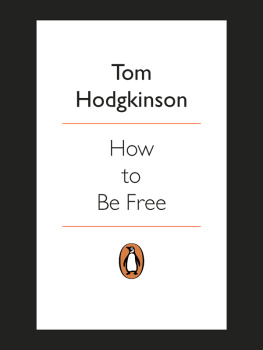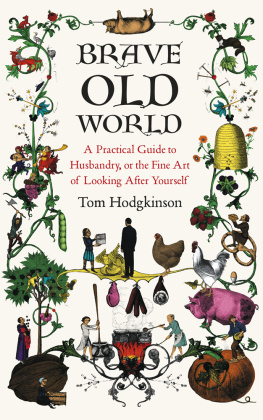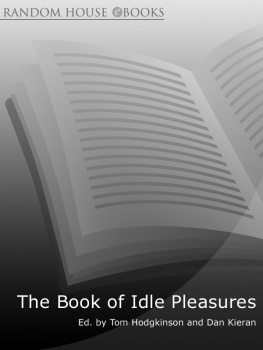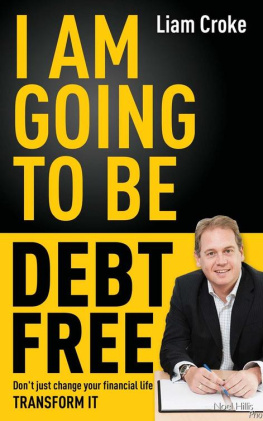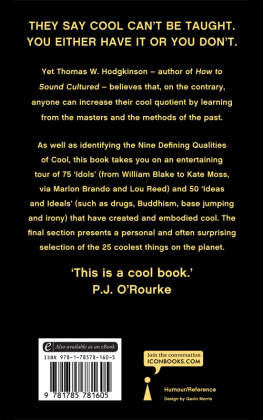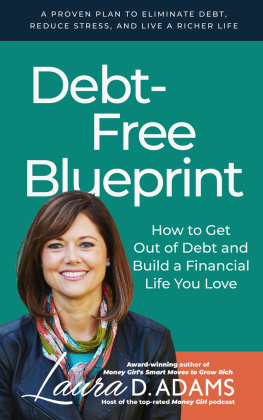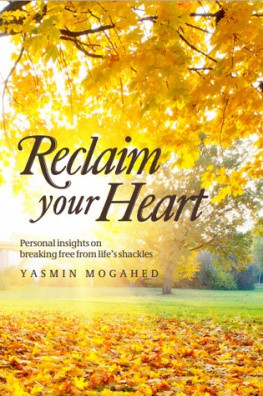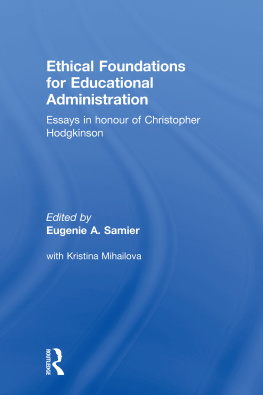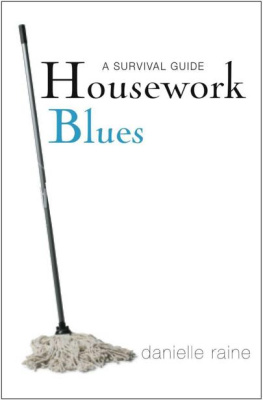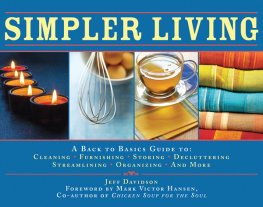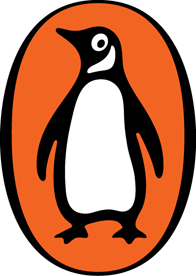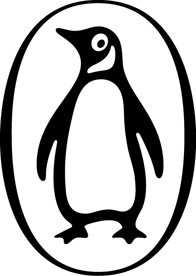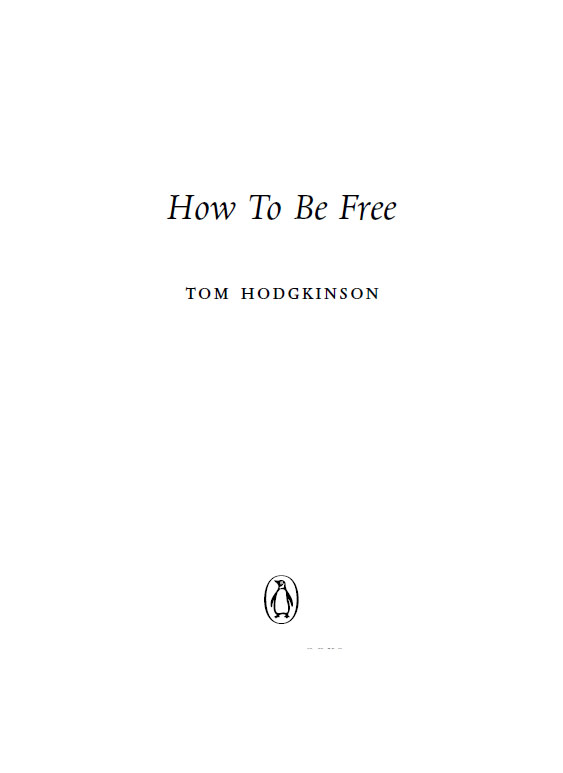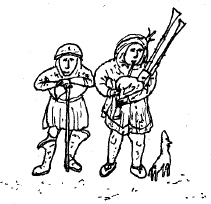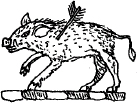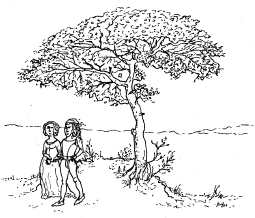Contents
THE BEGINNING
Let the conversation begin
Follow the Penguin Twitter.com@penguinukbooks
Keep up-to-date with all our stories YouTube.com/penguinbooks
Pin Penguin Books to your Pinterest
Like Penguin Books on Facebook.com/penguinbooks
Find out more about the author and
discover more stories like this at Penguin.co.uk
PENGUIN BOOKS
Published by the Penguin Group
Penguin Books Ltd, 80 Strand, London WC2R 0RL , England
Penguin Group (USA) Inc., 375 Hudson Street, New York, New York 10014, USA
Penguin Group (Canada), 90 Eglinton Avenue East, Suite 700, Toronto, Ontario, Canada M4P 2Y3 (a division of Pearson Penguin Canada Inc.)
Penguin Ireland, 25 St Stephens Green, Dublin 2, Ireland (a division of Penguin Books Ltd)
Penguin Group (Australia), 707 Collins Street, Melbourne, Victoria 3008, Australia (a division of Pearson Australia Group Pty Ltd)
Penguin Books India Pvt. Ltd, 11 Community Centre, Panchsheel Park, New Delhi 110 017, India
Penguin Group (NZ), 67 Apollo Drive, Rosedale, Auckland 0632, New Zealand (a division of Pearson New Zealand Ltd)
Penguin Books (South Africa) (Pty) Ltd, Block D, Rosebank Office Park, 181 Jan Smuts Avenue, Parktown North, Gauteng 2193, South Africa
Penguin Books Ltd, Registered Offices: 80 Strand, London WC2R 0RL , England
www.penguin.com
First published by Hamish Hamilton 2006
Published in Penguin Books 2007
Copyright Tom Hodgkinson, 2006
The moral right of the author has been asserted
All rights reserved
ISBN: 978-0-141-90179-4
ABOUT THE AUTHOR
Tom Hodgkinson was born in 1968 and is the author of How To Be Idle. He is editor and co-founder of the Idler and contributes to the Guardian, Sunday Times and Independent on Sunday. He also imported absinthe for a while. He lives in Devon with his family.
Acknowledgements
Many thanks to Victoria Hull, Penny Rimbaud, John Nicholson, Simon Prosser, Cat Ledger, John Moore, Gavin Pretor-Pinney, Mark Manning, Clare Pollard, Dan Kieran, Bill Drummond, Brian Dean, Jay Griffiths, Marcel Theroux, Neil Boorman, Jock Scot, my parents, Will Hodgkinson, Gee Vaucher, John Michell, Hannah Griffiths, Joe Rush, Keith Allen, Nick Lezard, Sally and Alan, Sarah Jones, Mathew Clayton, Damien and Maia, the late Jago Elliot, Louis and Murphy, Nick, Rob, Zoe and Mark of the Alabamas, Llama, Anna Ridley, Sarah Day, Francesca Main and Juliette Mitchell.
PENGUIN BOOKS
HOW TO BE FREE
Packed with wit, anecdotes and ideas by the end youll want to grow your own vegetables, put on a gig in your living room, or at least read one of the many books he refers to throughout Word
How To Be Free offers some solutions to escaping the mind-forgd manacles the advice is proffered with wit Financial Times
Good-humoured and encouraging, which bolsters his central argument that, seeing as life is essentially absurd, we may as well be happy all the time New Statesman
By same author
How To Be Idle
For Victoria
Introduction
In every cry of every Man,
In every Infants cry of fear,
In every voice, in every ban,
The mind-forgd manacles I hear.
William Blake, Songs of Experience, London, 1794
This is a book about good living, and at its heart is a simple truth: when you embrace Lady Liberty, life becomes easier, cheaper and much more fun. My intention is to show you how to remove the mind forgd manacles and become free to create your own life. After finishing my last book, How to be Idle, I realized that idleness is, for me, virtually synonymous with freedom. To be idle is to live free. To be idle is to live by your own rules. To be idle is to unify what has been split up.
I have tried to bring together three strands of thought into a philosophy for everyday life; these are freedom, merriment and responsibility, or anarchy, medievalism and existentialism. Its an approach to life that is also known as having a laugh, doing what you want. The Western world has allowed freedom, merriment and responsibility to be taken from it, from ourselves, and substituted with greed, competition, lonely striving, greyness, debts, McDonalds and GlaxoSmithKline. The consumer age offers many comforts but few freedoms. Governments by their very nature make endless attacks on our civil liberties. Health and Safety is wheeled out as an excuse to extend government powers.
In seeking freedom, I would define myself as an anarchist. In anarchy, contracts are made between individuals, not between citizen and state. It proceeds from a view that people are basically good and should be left alone rather than from the Puritan view that we are all evil and need to be controlled by authority. In the Middle Ages, despite the hierarchies, we used to organize things for ourselves. The vast majority of the manacles discussed in this book had not been invented. Life was self-determined and full of variety.
What we need now is a radical redefinition of human relationships, one based on local needs rather than the greed of global capitalism. Our lives have been split into a million fragments, and our goal now is to bring them back together into unity and harmony. In this aim we are helped not only by the example of the medieval system and the anarchists and the existentialists but also by a whole series of humane figures through history. Witness will be borne by Aristotle, St Francis of Assisi, St Thomas Aquinas, the Romantics, William Cobbett, John Stuart Mill, John Ruskin, William Morris, Oscar Wilde, the back-to-the-landers, Chesterton, Eric Gill and the Distributists, Bertrand Russell, Orwell, the Situationists, the Yippies, the punks and 1970s radicals such as John Seymour, Ivan Illich and Schumacher. All form part of the long history of promoting the idea of cooperation, through which true freedom is possible, rather than competition. As we will see, there is a strong tradition out there of rejecting money, property and business as the primary objects of life. The aim is to stop looking to others to sort out our lives for us and instead to trust ourselves to do it. We are free spirits. We resist interference and we resist interfering with others.
In this book, I look at the barriers to freedom and how we can free ourselves from anxiety, fear, mortgages, money, guilt, debt, governments, boredom, supermarkets, bills, melancholy, pain, depression and waste. We ourselves have given these enemies power over us and only we can remove that power. It is useless to sit around moaning and hope that someone else is going to do that job for us. When we realize that these impediments are one and all mind-forgd, then, lo! See the door to the garden of liberty swing open.

